The Importance of Soft Skills in Technical Recruitment
- AESC
- Apr 7
- 3 min read

In today’s fast-paced and ever-evolving job market, technical skills alone are no longer sufficient to ensure success in a role. While proficiency in programming languages, data analysis, and system architecture is undeniably important, the significance of soft skills in technical recruitment cannot be overstated. As organizations strive to build cohesive teams that can adapt to change and innovate, the ability to communicate, collaborate, and think critically has become paramount.
The Shift in Recruitment Focus
Traditionally, technical recruitment has heavily emphasized hard skills—those quantifiable abilities that can be measured through tests and certifications. However, as the landscape of work continues to evolve, employers are beginning to recognize that soft skills are equally, if not more, critical to a candidate's success. In fact, a study by LinkedIn found that 92% of talent professionals believe that soft skills are just as important, if not more so, than technical skills.
Why Soft Skills Matter
Effective Communication: In a technical environment, the ability to convey complex ideas in a clear and concise manner is essential. Whether it’s explaining a technical concept to a non-technical stakeholder or collaborating with team members on a project, strong communication skills can bridge gaps and foster understanding.
Team Collaboration: Technical projects often require teamwork, and the ability to work well with others is crucial. Candidates who possess strong interpersonal skills can navigate group dynamics, resolve conflicts, and contribute positively to team morale. This collaborative spirit can lead to more innovative solutions and a more productive work environment.
Adaptability: The tech industry is characterized by rapid change. New tools, technologies, and methodologies emerge constantly, and employees must be able to adapt quickly. Candidates who demonstrate flexibility and a willingness to learn are invaluable assets to any organization, as they can pivot in response to new challenges and opportunities.
Problem-Solving: Technical roles often involve troubleshooting and finding solutions to complex issues. Candidates with strong critical thinking and problem-solving skills can approach challenges creatively and effectively, leading to better outcomes for projects and the organization as a whole.
Emotional Intelligence: Understanding and managing one’s emotions, as well as empathizing with others, is a key component of emotional intelligence. In a technical setting, this can enhance collaboration, improve leadership capabilities, and create a more positive workplace culture.

The Recruitment Process: A Balanced Approach
To effectively assess soft skills during the recruitment process, hiring managers should consider incorporating behavioral interview questions, situational assessments, and team-based exercises. These methods can provide insights into how candidates interact with others, handle stress, and approach problem-solving.
Moreover, organizations should prioritize creating a culture that values and nurtures soft skills. This can be achieved through training programs, mentorship opportunities, and fostering an environment where open communication and collaboration are encouraged.
Conclusion
In conclusion, while technical skills are undeniably important in the recruitment process, the value of soft skills cannot be overlooked. As the workplace continues to evolve, organizations that prioritize a balanced approach to recruitment—one that values both hard and soft skills—will be better positioned to thrive. At QuickStart Solutions by Allied Executive Search Consultants, we understand the importance of finding candidates who not only possess the technical expertise but also the interpersonal skills necessary to drive success in today’s collaborative work environment. By focusing on the whole candidate, we help organizations build teams that are not only skilled but also cohesive and adaptable.


Comments